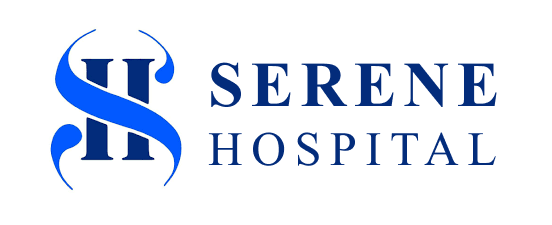Some communities have trouble developing programs that prevent and treat substance use disorders (SUDs). These barriers may include:
Stigma and confidentiality concerns.
The historical classification of substance use as a crime has led to stigma surrounding substance misuse. Stigma is a barrier to recovery and affects whether individuals with SUD seek treatment and social support services.
Fear of legal penalties for drug use may impact whether individuals are willing to openly discuss their SUD and seek treatment. Stigma surrounding SUD may be exacerbated for rural residents seeking treatment for SUD because of a lack of anonymity in small communities where there are few mental health providers.
Lack of interagency coordination and communication.
While effective treatment for SUDs requires multiple treatment services, linkage to these services and coordination between agencies can be difficult in rural areas where there is a shortage of facilities and providers who serve large geographic areas and are located far away from one another.
Limited resources and personnel. Limited resources for SUD prevention and treatment programs means there are fewer providers overall, and for existing providers, there is a lack of resources, educational materials, and continuing training. Further, law enforcement personnel and prevention programs are distributed over wide geographic areas.
Lack of mental health services.
States with large rural populations have fewer mental health providers and treatment facilities and a lack of case management services. Fewer providers may mean longer wait times for people with SUDs who are seeking treatment and recovery support services.
Insufficient capacity in hospitals to treat SUDs.
Rural hospitals not adjacent to urban areas typically have fewer inpatient and residential beds compared to urban areas and areas adjacent to cities. Rural facilities serve larger areas, and these facilities have fewer treatment services for SUDs compared to urban areas.
Transportation barriers.
Inadequate or nonexistent rural public transportation systems exacerbate the issue of insufficient treatment facilities by making it difficult for rural residents to reach them.
A complicated system of care to treat SUDs.
Providers and patients alike may find it difficult to navigate the complex treatment system for SUDs, which consists of individual and group counseling, inpatient and outpatient treatment, case management, and medication, as well as additional services and programs. Difficulty navigating this complex system can lead to delays in treatment, especially in rural areas where there is a shortage of providers.
Homelessness and substandard housing.
Individuals who cannot meet basic needs such as housing may face difficulties with focus on treatment for an SUD.
Motivation for change. Many individuals face difficulties with initiating and maintaining behavior change. Individuals may not have the motivation to begin SUD treatment, even when they are referred by a primary care or other healthcare provider. Individuals may feel they are unready or refuse to engage in treatment. Treatment programs may need to address an individual’s readiness to change their behavior.
Stigma and confidentiality concerns. The historical classification of substance use as a crime has led to stigma surrounding substance misuse. Stigma is a barrier to recovery and affects whether individuals with SUD seek treatment and social support services. Fear of legal penalties for drug use may impact whether individuals are willing to openly discuss their SUD and seek treatment. Stigma surrounding SUD may be exacerbated for rural residents seeking treatment for SUD because of a lack of anonymity in small communities where there are few mental health providers.
At Serene Rehabilitation Centre we provide a safe haven, proper guidance and treatment to get you back to your normal self.
Visit Serene Rehabilitation Centre today in Karen, Nairobi.


